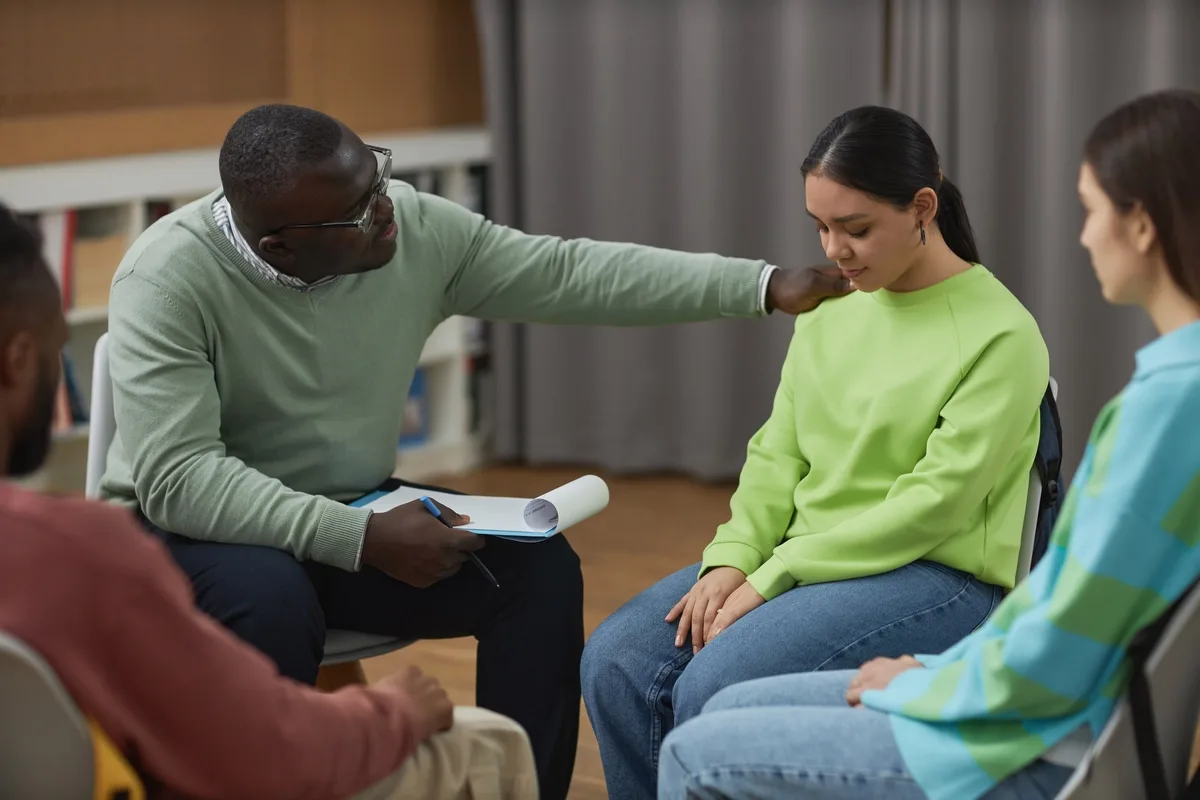24/7 Helpline:
(866) 899-221924/7 Helpline:
(866) 899-2219
Learn more about Medication-assisted Treatment centers in Howard County
Medication-assisted Treatment in Other Counties

Other Insurance Options

Absolute Total Care

Private insurance

State Farm
Beacon

Ceridian

Lucent

Oxford

Magellan

UnitedHealth Group

Covered California

Health Partners

Meritain

Optum

BlueShield

Sutter

United Health Care

Health Net

CareSource

Humana

Excellus

JAEL Health Services
JAEL Health Services is a private rehab located in Ellicott City, Maryland. JAEL Health Services spe...




















































































































































































































Counseling Resources
Counseling Resources is a private rehab located in Ellicott City, Maryland. Counseling Resources spe...

Yudaguru Integrative Wellness
Yudaguru Integrative Wellness is a counseling center located in Ellicott City, Maryland. Lead by Abh...

















































































































